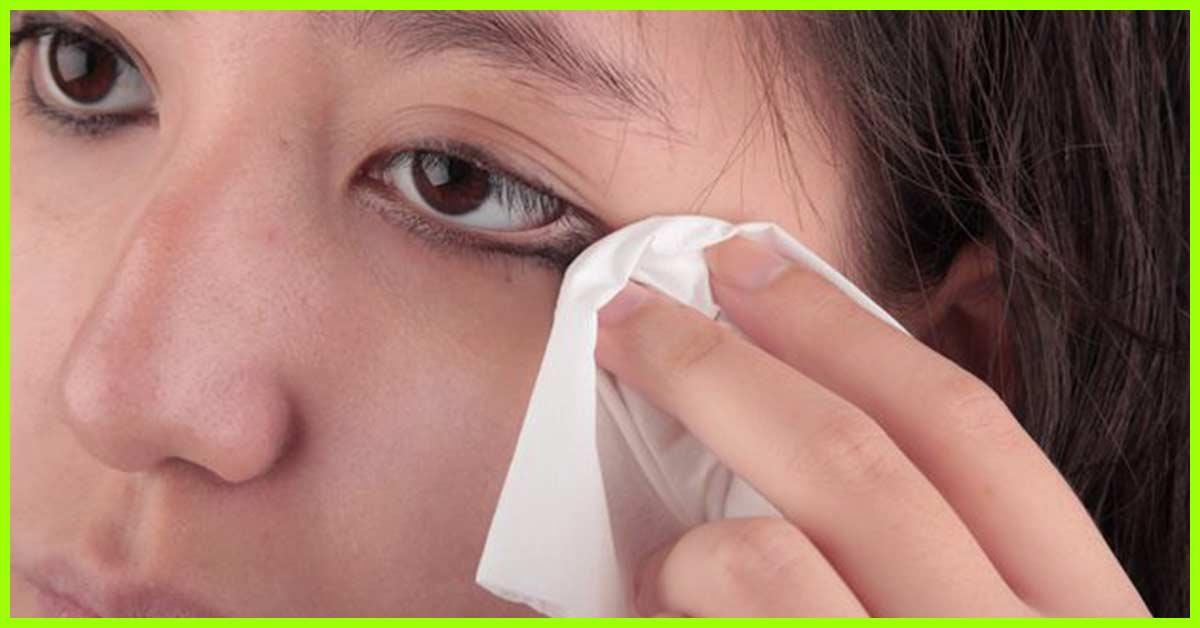
Taking care of your eyes is a key element of your overall health. Ensuring they’re healthy and have the support you need will help you preserve your vision for your whole life. There are plenty of ways you can support your eyes, both through diet and supplements. In this article, we’ll dive into six of the top ways you can care for your vision throughout your life.
Table of Contents
1.) Eat a Healthy Diet
Your food contributes to your overall health and that includes your eyes! Certain foods and nutrients support your ocular nerves and vision, such as keratin and omega-3 fatty acids. When you go to the grocery store, there are some specific foods you can look for:
- Leafy greens, such as kale, spinach or chard. These are high in vitamin K which help support eye health.
- Deep yellow vegetables, such as crookneck squash and spaghetti squash.
- Fish such as tuna, salmon or halibut that are high in omega-3 fatty acids.
The more balanced your diet is and the more whole foods you can include, the better you will support your eyes and vision.
2.) Maintain a Healthy Weight
You might not realize it, but your weight can indirectly contribute to the health of your eyes. Most people know that being overweight can cause significant stress to your bones and muscles, but it can also cause other serious health issues. Diagnoses like diabetes pose a serious threat to your vision.
Some people with diabetes, especially those who have trouble managing it, will experience a quick progression of the disease. As it progresses, it can sometimes cause degeneration in your ocular nerves and impact your vision, even causing blindness in extreme cases.
3.) Wear Sunglasses
One of the fundamentals of eye care is to always wear your sunglasses when you’re outside. The sun can damage your skin and your eyes, but your eyes are especially sensitive to harmful UV rays. Without sunglasses, you might notice your vision deteriorating over time or having trouble seeing in low light because your eyes have adjusted to a higher brightness level.
When choosing your sunglasses, it’s best to choose polarized lenses. These lenses offer the most protection for your eyes, especially when you’re near water such as a pool, lake or ocean. The sun reflects harshly off those surfaces and can cause extensive damage to your eyes if you don’t have sunglasses on.
4.) Take a Break From Screens
Screens can significantly stress your eyes. With as much time as the average American spends looking at a computer, television or phone screen, you’re significantly at risk for tired, strained eyes.
One way to avoid hurting your eyes this way is to use blue light glasses. Many people have opted to keep a pair on their desks and wear them while they work for extended periods at their desks. You can also get blue light screen filters that you can put directly on your desktop or laptop.
The best course of action, however, is to take frequent breaks from your screen. Try to get up from your screen at least once every hour and take a break. Don’t look at other screens, either. Give your eyes a break by taking a walk or reading a magazine for at least 10 minutes before you go back to your screen.

5.) Avoid Infections
Eye infections can get serious fast, so it’s important to do your best to avoid putting germs in your eyes. This is especially important if you wear contacts and are frequently touching your eyes. Always wash your hands before you touch your contacts or interact with your eyes to ensure you aren’t introducing germs.
Additionally, it’s wise to avoid rubbing your eyes frequently throughout the day. This is another way germs can be introduced or you can irritate an existing infection. If your eyes are uncomfortable, consider using over-the-counter eye drops or visiting your doctor.
6.) Visit Your Eye Doctor
Last but not least, don’t avoid your eye doctor. Just like your body needs ongoing support and check-ups, your eyes need a little help too. Especially if you use prescription lenses, make a point to visit your eye doctor at least once a year. This gives them a chance to catch issues early and help you avoid serious problems.
Taking care of your eyes is an important part of your overall health. Use these tips to ensure your eyes are happy and healthy and that your vision will remain as long as you need it. If you have any concerns, contact your eye doctor today.






